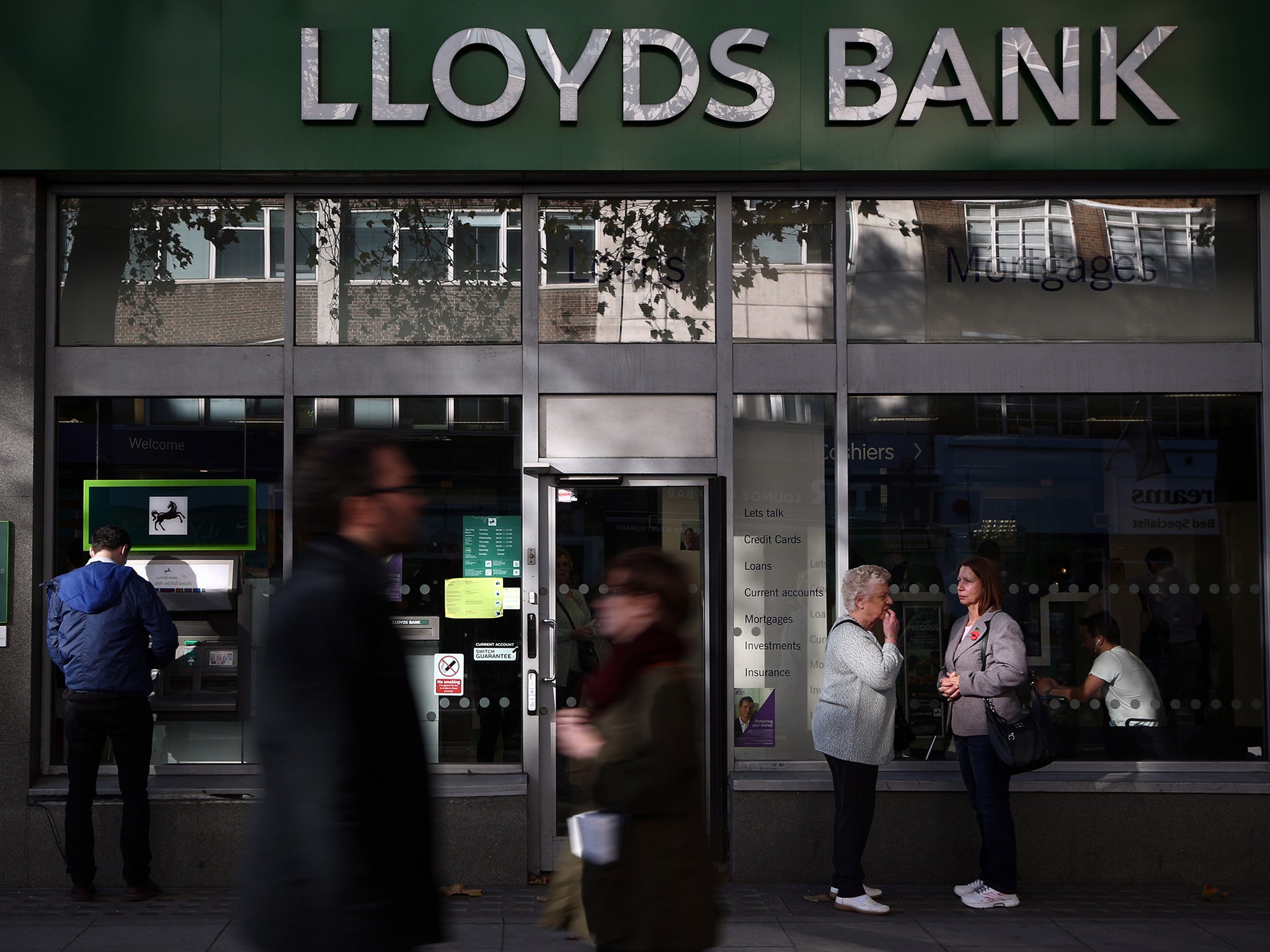Lloyds loses bid to force investors to sell back high-interest bonds
Bank to appeal ruling that could cost it £1bn

Thousands of small investors scored a High Court victory over Lloyds Banking Group today after a judge backed bondholders who had fought a controversial buyback attempt by the bank.
Lloyds – which is still 19 per cent owned by the taxpayer - is now facing having to pay an estimated extra £1bn in interest payments in the next few years after losing the case, although it said it plans to appeal the judge’s decision.
The case centred on £8bn-worth of enhanced capital note (ECN) bonds, which were originally known as permanent interest-bearing shares (Pibs) and had been issued by several mutual businesses that the bank snapped up over the years, including Halifax and Cheltenham & Gloucester.
They had been mainly bought by pensioners, attracted by very generous annual yields of about 11 per cent.
But they were converted in 2009 to ECN bonds at the height of the bank’s cash crisis because the latter counted towards Lloyds’ capital reserves while the Pibs did not. The move helped shore up the bank’s capital position at a crucial time as it was able to transfer the £8bn value of the bonds into its balance sheet.
But last year Lloyds tried to force bondholders to sell the bonds back to the bank at face value ahead of their maturity dates of between 2019 and 2029. The move was designed to save it some £200m a year for the next five years in future interest payouts and the bank claimed the terms of the bonds gave it the right to redeem them early in certain circumstances, in particular if they no longer counted towards its capital reserves.
The Prudential Regulation Authority allowed the redemption, but Lloyds was forced to put the buy back on hold while a “declaratory judgment” was sought from the High Court on whether it would breach the terms.
Lloyds argued that new stricter capital rules meant the bonds would no longer count as core capital to cushion the bank if it ran into financial problems. Its view was based on the fact that the bonds had not been taken into account during the PRA’s stress test of the bank in 2014.
Sir Terence Etherton, the head of the Chancery Division of the High Court, rejected the argument, saying that the bonds may still be taken into account in future stress tests.
A Lloyds statement said: “In his judgment, the judge concluded that despite the fact that the ECNs were not taken into account for the most recent stress test applied by the PRA, the ECNs may still be taken into account for future stress tests and therefore a capital disqualification event had not yet occurred.”
The bank said it was disappointed with the decision and had sought permission to carry the fight on to the Court of Appeal.
Subscribe to Independent Premium to bookmark this article
Want to bookmark your favourite articles and stories to read or reference later? Start your Independent Premium subscription today.

Join our commenting forum
Join thought-provoking conversations, follow other Independent readers and see their replies